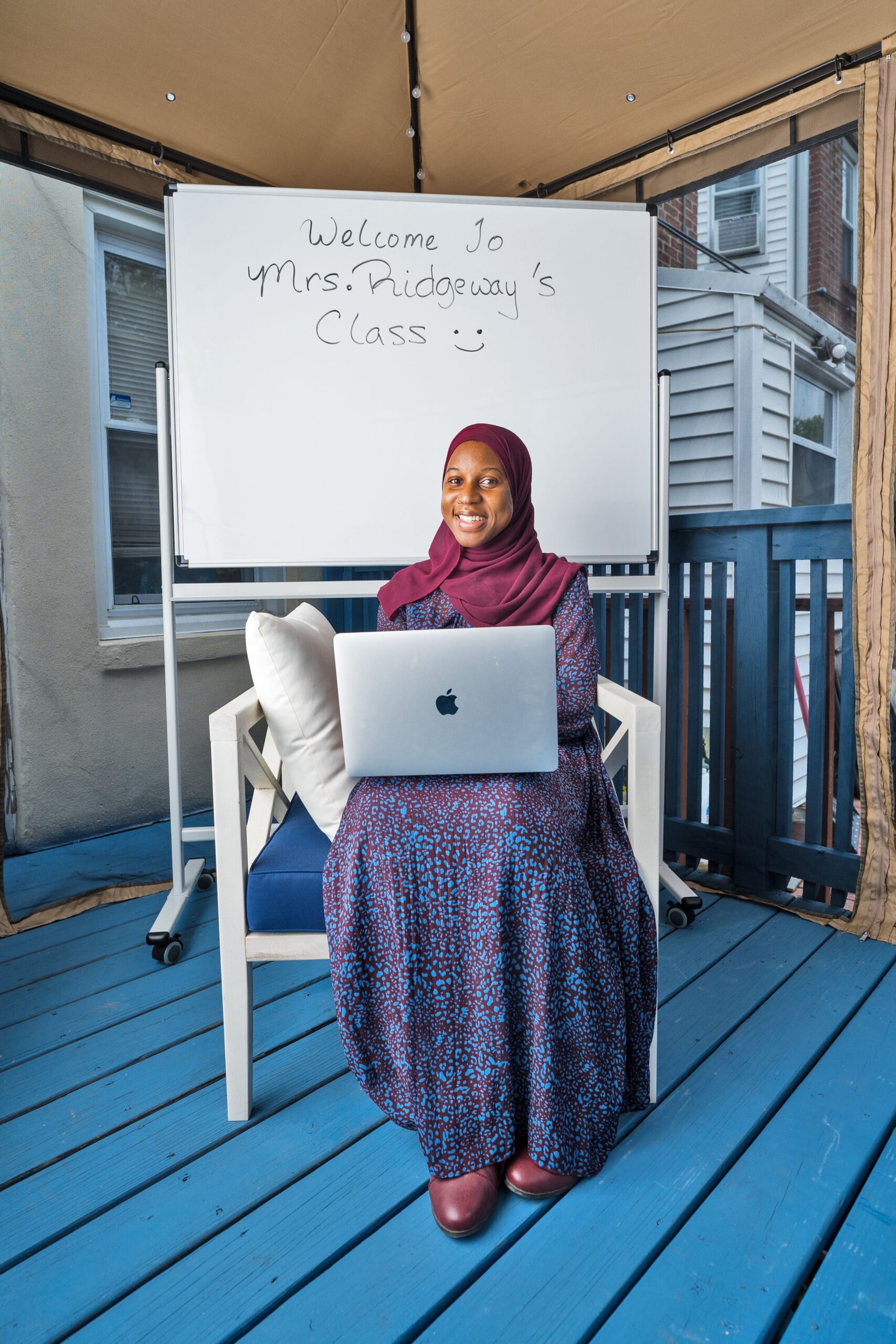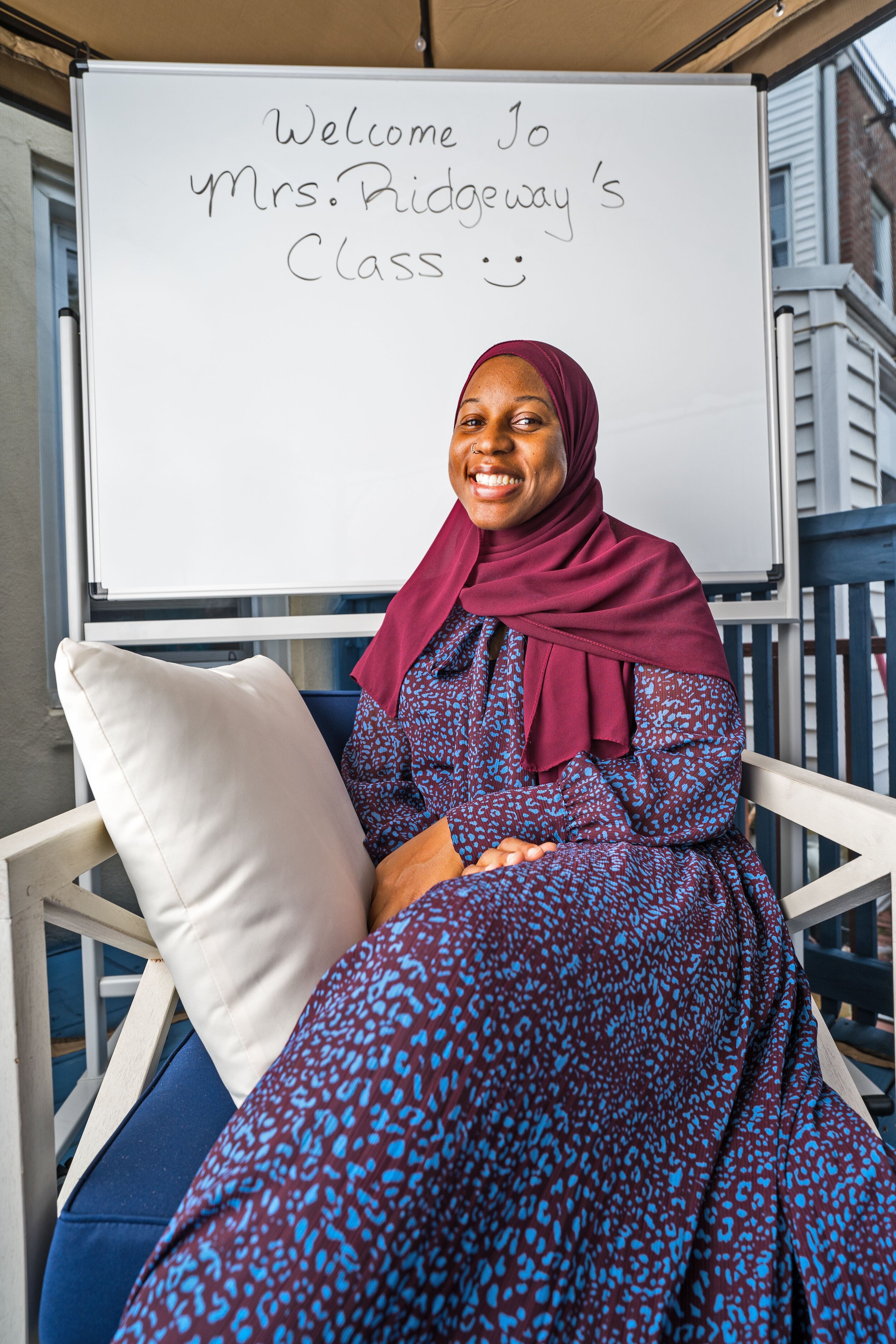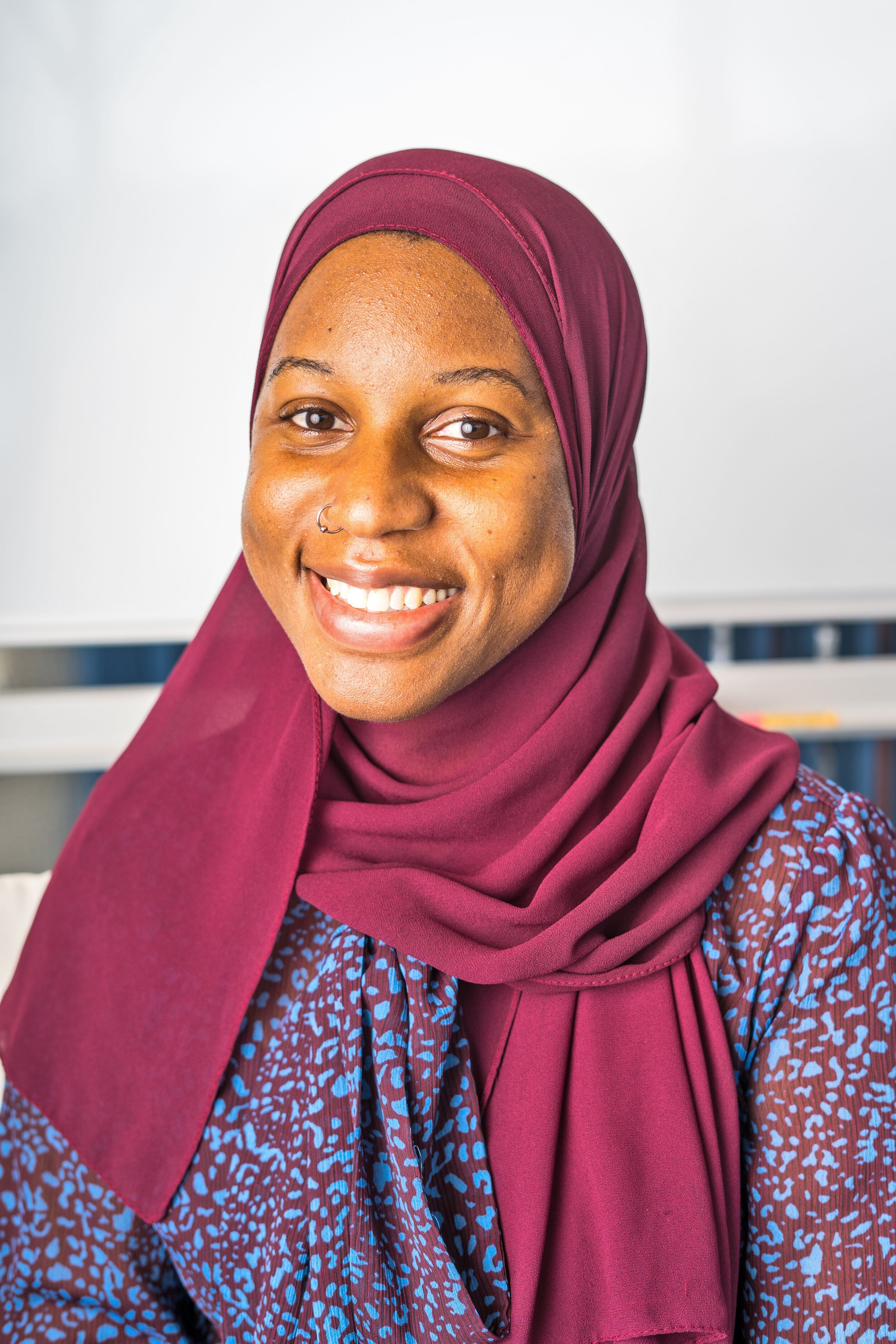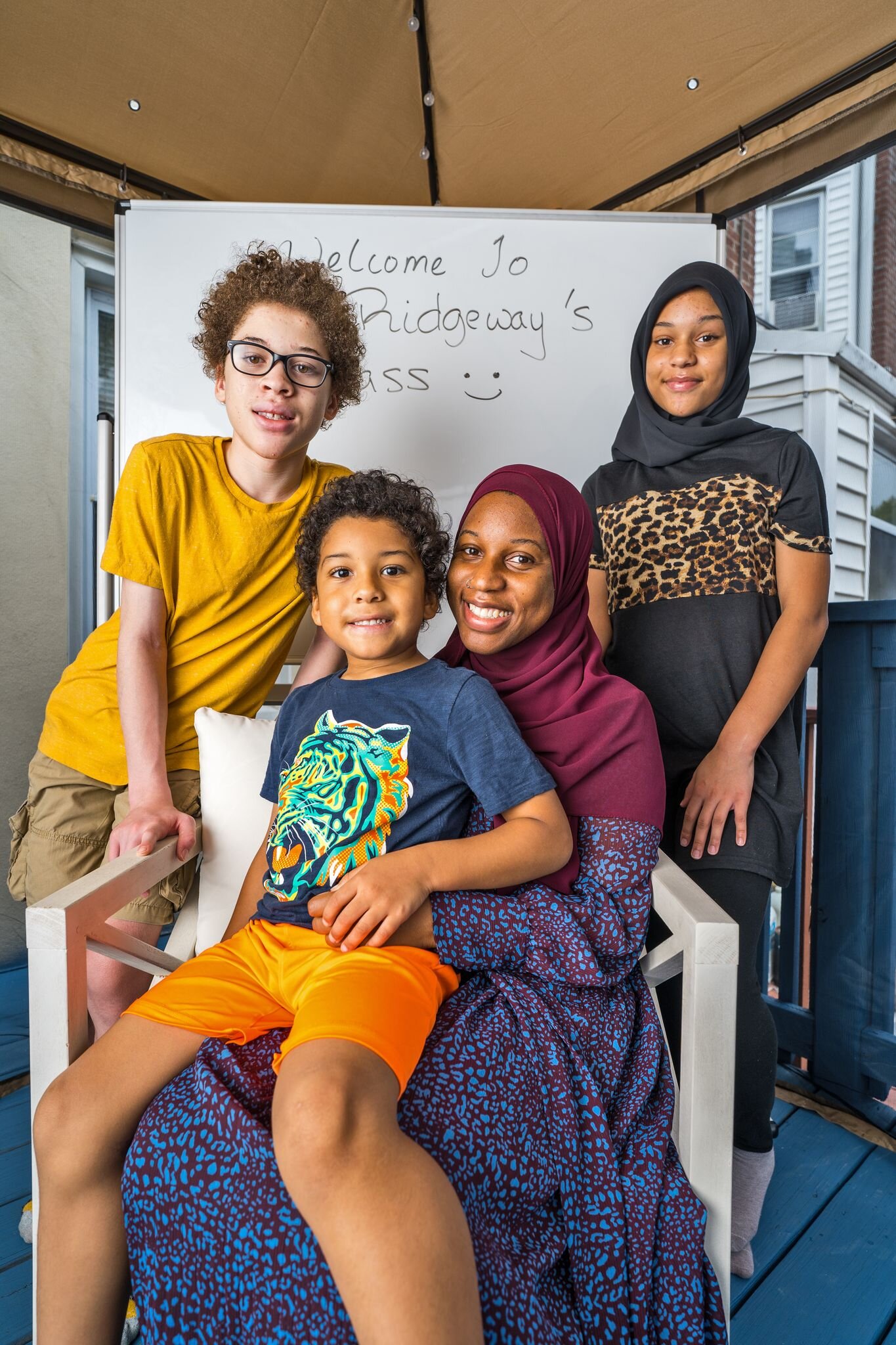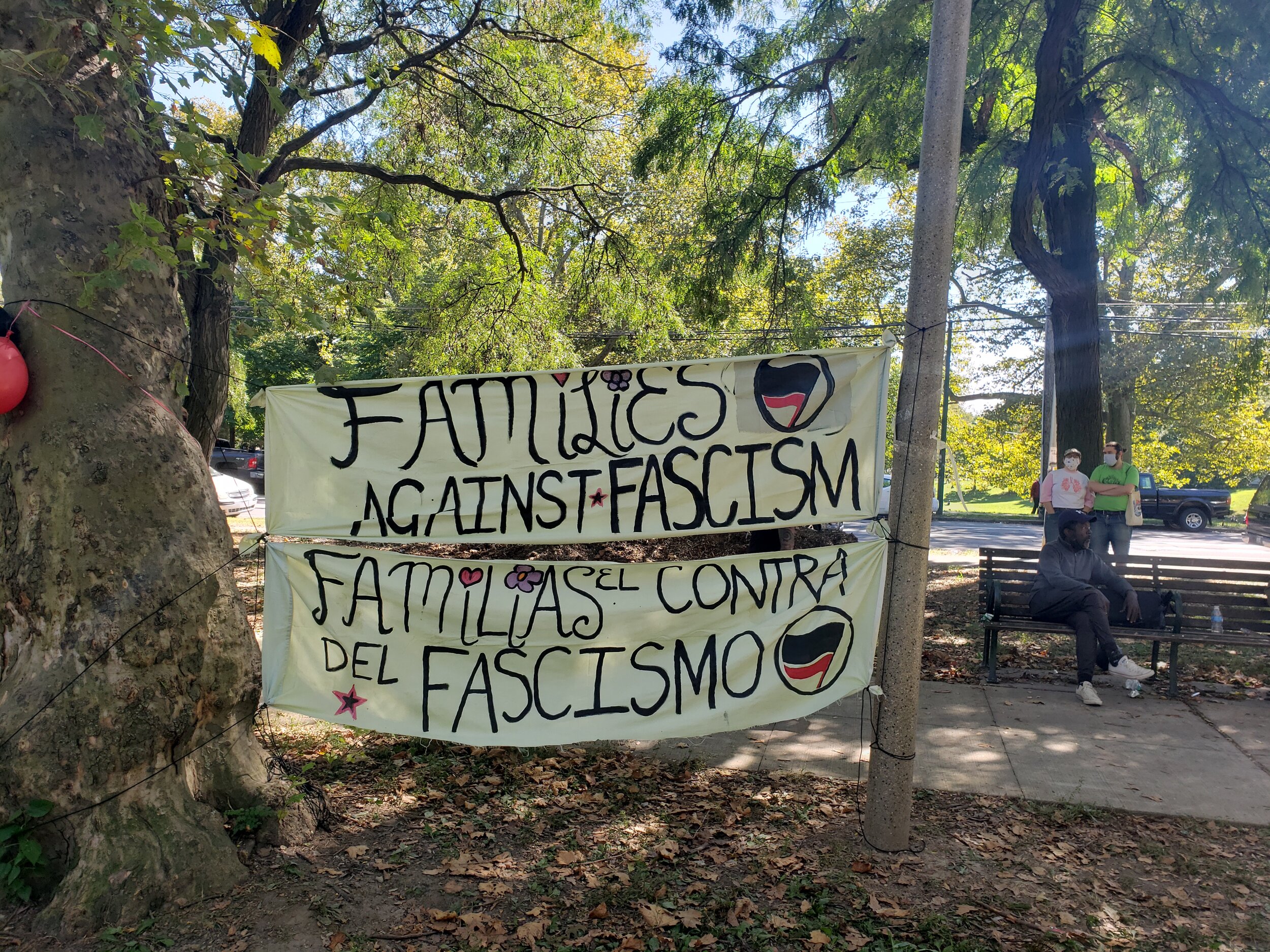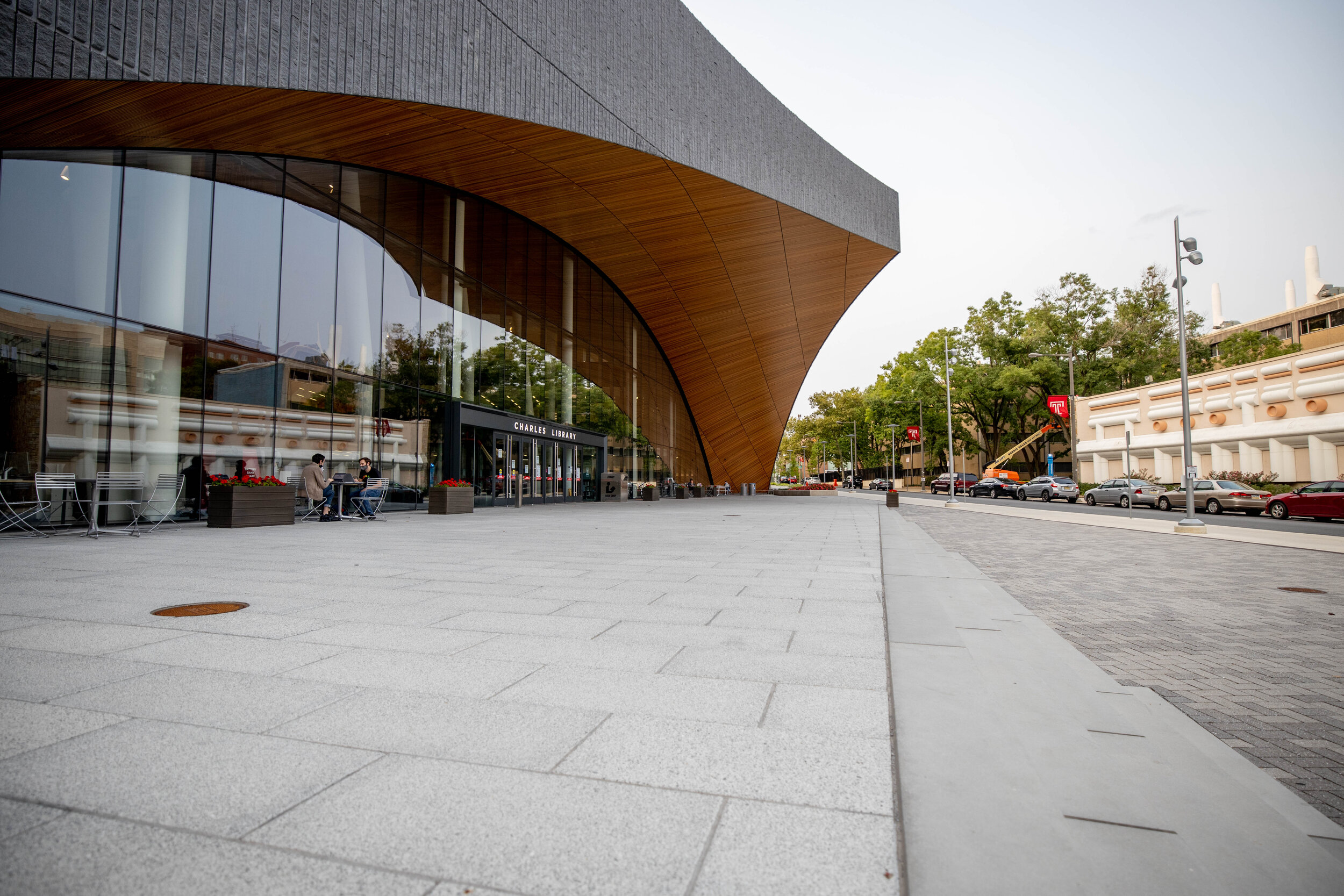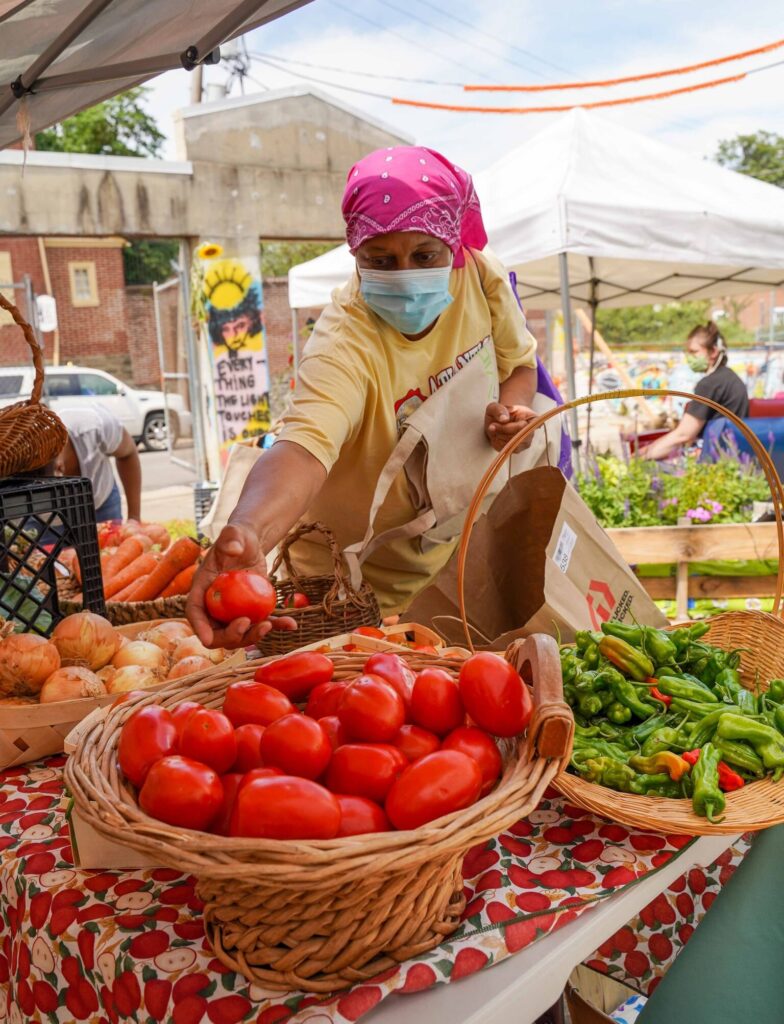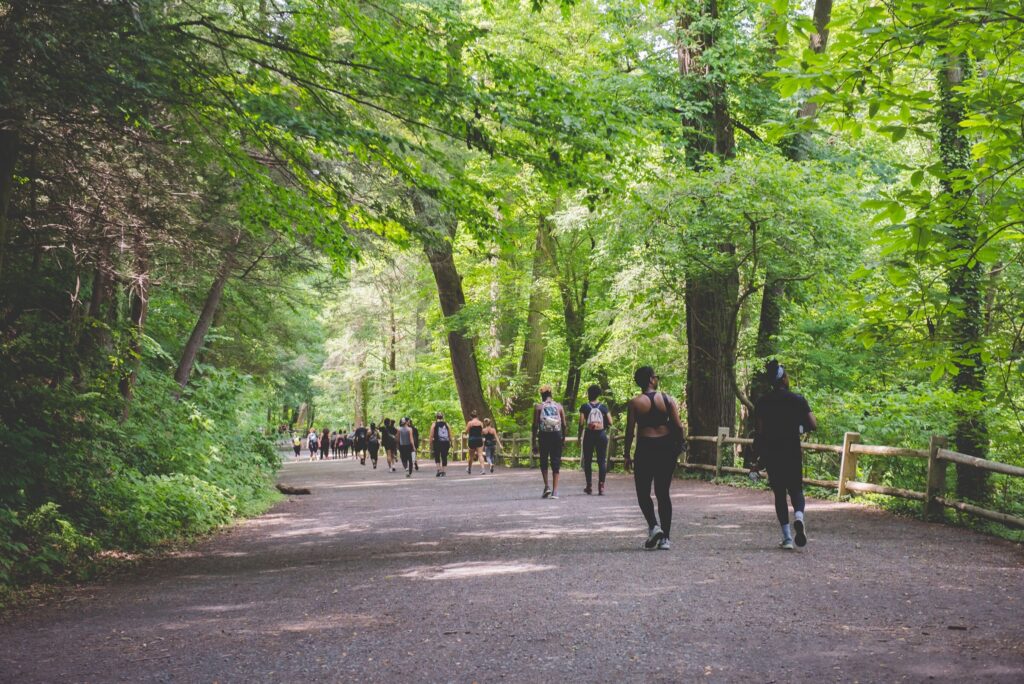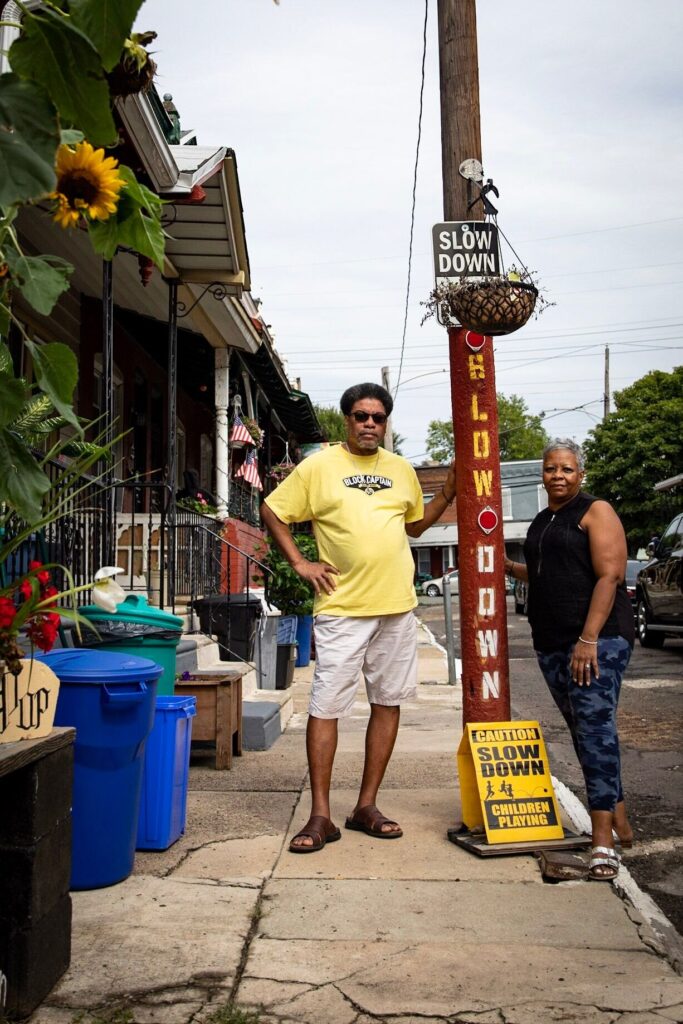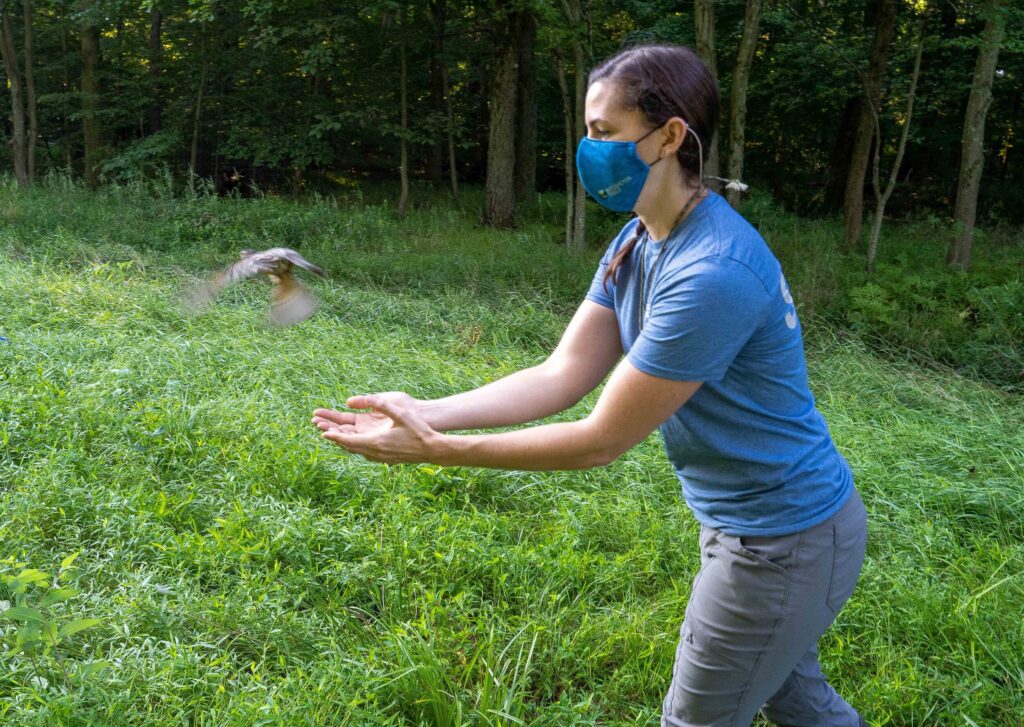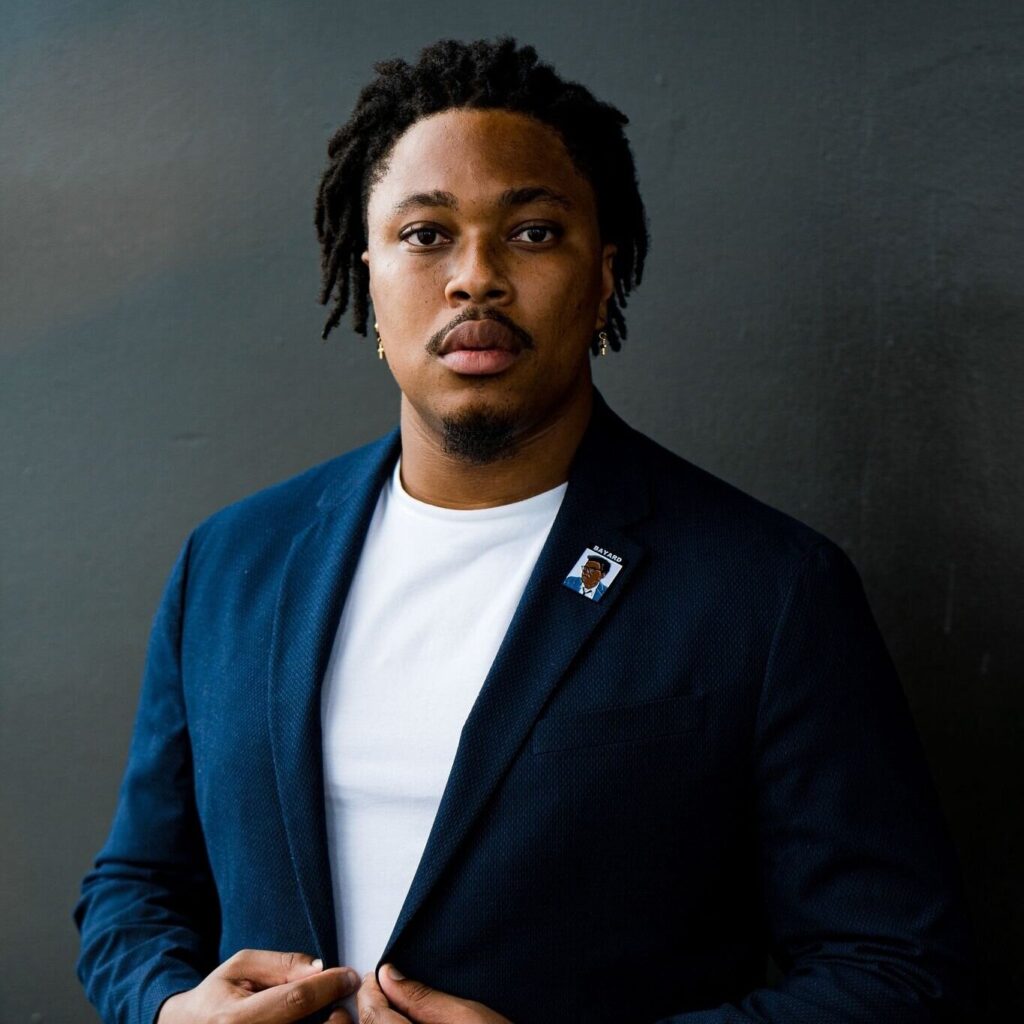In 1492, Columbus sailed the ocean blue. This jingle echoed through my head as a kid every Columbus Day when our history teacher would devote a whole lesson to the man who discovered America.
Christopher Columbus was a visionary, a pioneer who spawned the dawn of a new world that would eventually become the United States of America, the land of the free and the home of the brave—or so I thought.
Christopher Columbus was not a visionary. He was not a pioneer. He did not discover America. When Columbus, as well as many other European explorers, “discovered” Indigenous peoples, they were thought of as obstacles in the face of their colonization of prime real estate. So he took the Indians, as he so named them, packed them on his ship and brought them back to Europe as his slaves.
Conveniently, this piece of history is left out during most class lectures.
In addition to Christopher Columbus, I remember learning about events such as the signing of the Declaration of Independence, the American Revolution, the Civil War; all the major touchstones to the assembling of the modern United States of America.
That being said, these major historical events have one main thing in common: they’re all centered around white people.
Black History Month, February, was when I got a yearly dose of Martin Luther King Jr., Rosa Parks and the slave trade. All were packed into a lesson plan that would be regurgitated the following year like clockwork; and the history of Indigenous people would, more often than not, go unnoticed altogether.
Being part Black myself, I find it extremely troubling that I was, and still am, so unaware of the truth behind Black history. If I wasn’t taught that Columbus inherently jumpstarted the transatlantic slave trade, what else am I missing?
Throughout her time in school as a student and then a teacher, Keziah Ridgeway, a history and anthropology teacher at Northeast High School, has seen how the history of African American and Indigenous people has gone unrecognized or been severely filtered within the educational system, not only in the public school she teaches at within the Philadelphia School District, but in many schools in the surrounding area and across the country.
This, according to Ridgeway, a Black Muslim woman, is an issue with education to this day. Before my conversation with Ridgeway, I was always under the impression that I hated history. I found it boring and thought of it as having little to no relevance in my life. Post-interview, I realize that maybe that was because I was never told the whole truth about it, as my lessons in high school almost never included the discussion of people who looked like me.
This interview has been edited for clarity, length and style.
Why is teaching African American history and that of Indigenous people so important within the school system?
If you want to truly revolutionize education, it has to start at the beginning with destroying white supremacy, which has always been a part of the framework of the United States.
Even Brown v. Board of Education, a seemingly big win for abolishing school segregation, didn’t fix the entire problem because a lot of Black teachers lost their jobs since they were not wanted to teach white kids. Then on the flip side, you had Black and Brown kids being taught by white teachers who, by design of the slave trade, were never supposed to be granted education in the first place.
Without this history, which is more nuanced than the surface level lessons students get about MLK, students are not able to make the connection between the events that happened in the past and what’s occurring in the world today. We need to put things in proper context.
Do you think this whitewashing of history is intentional or merely due to a lack of understanding of Black and Brown cultures?
I think that some teachers are purposeful with their curriculum, but I also think some simply lack that understanding. I’d love to see a course required for teaching certifications that has to do with Indigenous cultures and histories.
I see that some teachers are still teaching Black and Indigenous history through a lens. They often focus on Black suffering versus Black resistance, which causes a lot of students to think that we just began as slaves and all we’ve been is subservient to white people instead of starting at the beginning in Africa with many of the kingdoms that arose there.
Not only is it important to understand the history, but culturally, how do you interact and relate with children of a different ethnic background and culture than yours? You know when you’re reading classic literature to your students and the N-word comes up, how do you approach that subject with your students? Things like that as well.
What would you recommend teachers do to become more culturally aware?
Read and join in discussions, watch documentaries, join organizations such as Racial Justice Organizing, which actually now offers anti-racist training. That information is out there, you just have to be willing to do it.
Can you tell me more about Racial Justice Organizing?
Racial Justice Organizing started as a committee under the Caucus of Working Educators but has now become its own group. It focuses on issues like social justice, abolishing racism in education and, most recently, the Black Lives Matter movement.
Do you think that a lot of the issues and racial tensions we’re experiencing now would be alleviated with more education?
Let’s not be naïve. Education is a piece of the puzzle but taking action is definitely another part. There needs to be a multipronged approach. If information on African American history and ethnic studies was available to every teenager, I think we would have very different educational outcomes.
However, capitalism creates a lot of division in itself. Education can only do so much until the whole system is destabilized and everyone is truly equal.
Look at issues like homelessness, hunger and even COVID-19. There are two public health crises going on right now: racism and COVID-19. While everyone is experiencing the damaging effects of this pandemic, the United States is at the epicenter of COVID-19, and it’s affecting Black and Brown people at disproportionately higher rates because they don’t have equal access to healthcare, a lot of them are essential workers, they’re being underpaid and overworked, many of them also have preexisting health conditions that are a result of the food they were introduced to during slavery.
Given everything that has happened within the recent months, how are you going to go into this school year?
I know my Black and Brown students will have a lot of trauma and fear as a result of the killings of George Floyd, Breonna Taylor and Ahmaud Arbery. A lot of their home situations are not ideal, so … having to stay home will likely have had an impact on their mental health as well.
We’re definitely going to have a conversation about these things, the attack of the Trans community, the dangers of being Black and Brown, and LGBTQ.
I want to make sure my students always have the opportunity to voice their opinions, even if it’s not while we’re in session and they want to pop in during my office hours to talk. I’ve had students write me letters before.
Do you ever feel like you need to cover your bases or censor yourself when it comes to what you teach?
I’m painfully aware that I look different than a majority of the teachers in my department, who are mainly white males. In the classroom, however, I don’t censor myself. I’m here to teach real history and it can be uncomfortable, but Black and Brown people are uncomfortable from the moment we come into this world. We are uncomfortable when we get on an airplane, we are uncomfortable when we go to the store, we are uncomfortable when we are in a restaurant, we are uncomfortable because we don’t know when our skin or our features will be used against us.
What’s one main thing you want people to know?
As an educator, there not only has to be space for people to learn and grow but also to make mistakes. I’m not here to drag white educators.
I was teaching a lesson about Buddhism during my world history unit. I asked my students if anyone has ever seen the robes that monks wear. One of my students raised his hand and said that he had seen them, and I kind of shot him this look of disbelief like, “Yeah, okay.” Later I found out that he wore those robes during his aunt’s funeral as part of the culture on his mom’s side. But because he was Brown I assumed I knew his culture because of his skin and because his hair was curly.
Even for someone like me it’s important to always be cognizant of people’s ethnic and cultural backgrounds aside from what they look like.
It’s important that everyone does the work. I will be a lifelong learner.


